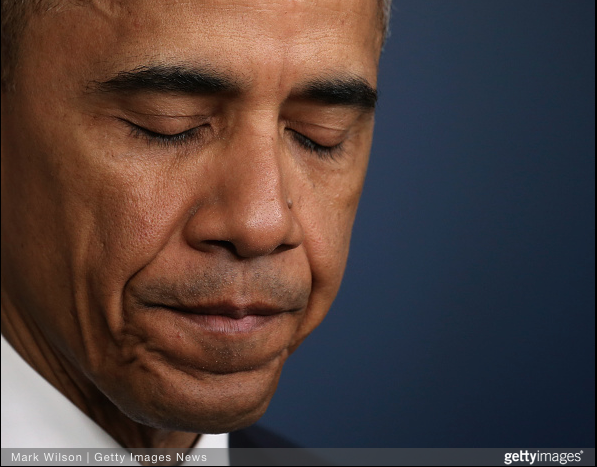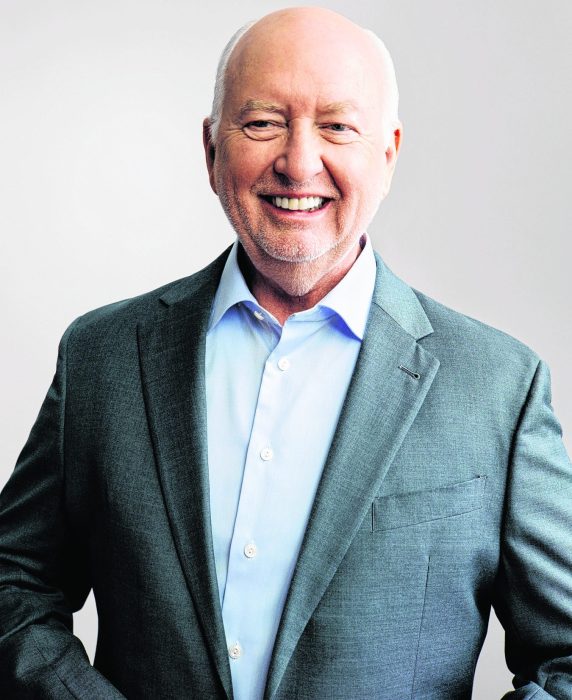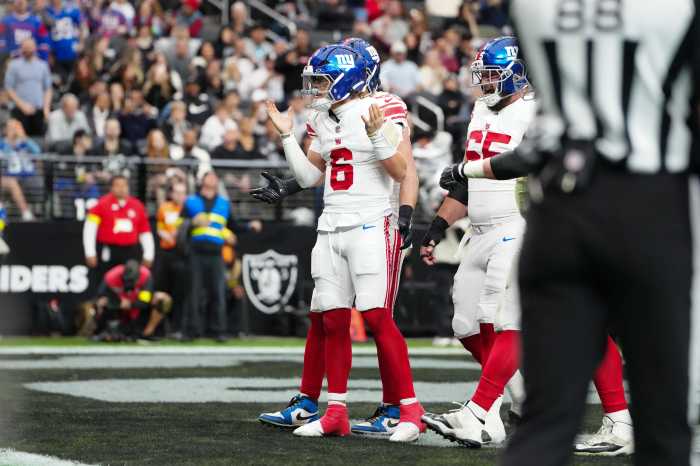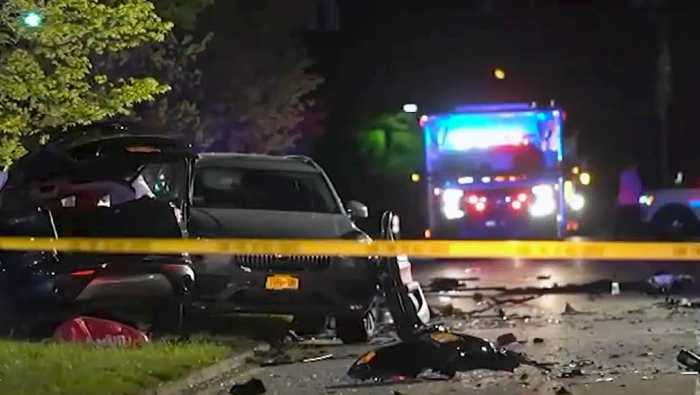Dr. Warren Weinstein, 73, an American aid worker taken hostage by al Qaeda in 2011, was killed in a US drone strike in January targeting a terrorist compound near the Afghanistan-Pakistan border, the White House admitted Thursday.
The drone strike also killed Italian hostage Giovanni Lo Porto, who was captured by the terrorist group in 2012.
The White House acknowledged conducting the operation and said it wasn’t aware the hostages were present at the time. Another American alleged to have become an al Qaeda leader, Ahmed Farouq, was also killed in the drone strike.
Speaking from the White House, a grim-faced Obama took responsibility for the US drone strike and expressed his condolences to the families of the slain humanitarians.
“Based on information and intelligence we have obtained, we believe a US counter-terrorism operation targeting an al Qaeda compound…accidentally killed Warren and Giovanni,” Obama said.
“It is a cruel and bitter truth that in the fog of war generally, and our fight against terrorist specifically, mistakes, sometimes deadly mistakes, can occur,” Obama continued.
The president added that the one thing that sets Americans apart from others “is our willingness to confront squarely our imperfections and to learn from our mistakes.”
After US officials determined that Weinstein was killed in a US operation, Obama said he ordered details of the mission to be declassified. He also directed a full review of the fatal error.
“We will do our utmost to ensure it’s not repeated,” Obama said.
As president and commander-in-chief, he said he takes full responsibility.
“I profoundly regret what happened,” Obama said.
Weinstein, who lived in Maryland, earned his doctorate degree from Columbia University in 1970 and later worked as a tenured professor at upstate SUNY Oswego in the political science department. He left teaching to work as a contractor for a US relief organization.
At the time of his capture, SUNY Oswego released a statement condemning his kidnapping and calling for his immediate return.
The 72-year-old Weinstein was last seen in an al Qaeda distributed video in December 2013. In it, a disheveled-looking Weinstein pleaded to US officials for help. The video was titled “Message from Warren Weinstein to the US President (Obama), US Secretary of State (John Kerry), Media, US public and his family.”
The Washington Post, which received a copy of the video, reported that al Qaeda previously suggested Weinstein would be released if the US ceased airstrikes in the region.
Under US policy, officials are prohibited from negotiating with terrorists.
Officials had “spent years attempting to locate” Weinstein and Lo Porto since their abductions in 2011 and 2012, respectively, the White House said in a statement released Thursday morning.
Obama said he spoke to Weinstein’s wife. He also wanted the operation declassified because both families “deserve to know the truth,” he said.
“The United States is a democracy committed to openness in good times and in bad,” Obama added.
Weinstein, Obama said, served with the Peace Corps. and dedicated his life to helping people across Africa and South Asia. He willingly left his home to improve the lives of the Pakistani people, with the goal of helping the people there escape poverty, Obama said.
“There could be no starker contrast between these two selfless men and their al Qaeda captors,” the president said.
US drone operations, which are largely secret, have come under intense scrutiny in recent years because of reports of civilian casualties. Many of the strikes occur in undeclared war zones such as Pakistan and Yemen.
It was a US drone strike in Yemen nearly four years ago that killed ex-Long Islander Samir Khan, who left the US and later became editor of the al Qaeda magazine Inpire. Khan was not a target of the strike. He was riding in the same car as alleged al Qaeda in the Arabian Peninsula leader Anwar Al-Awlaki, an American, who was the intended target, and was also killed.
Civil liberty advocates have questioned the legality surrounding the extrajudicial slayings of American citizens, but government lawyers deemed Al-Awlaki’s killing legal, largely due to the “public authority justification,” which allows a government official to lawfully take lethal action, and the 2001 Authorization to use Military Force Act (AUMF), enacted after Sept. 11, which gives the president sweeping powers to either detain or kill enemy combatants. The government has invoked the AUMF to justify drone strikes in countries where America isn’t actually at war. Al-Awlaki’s 16-year-old son Abdulrahman, also an American citizen, was killed in a separate drone strike two weeks after his father was taken out.


































